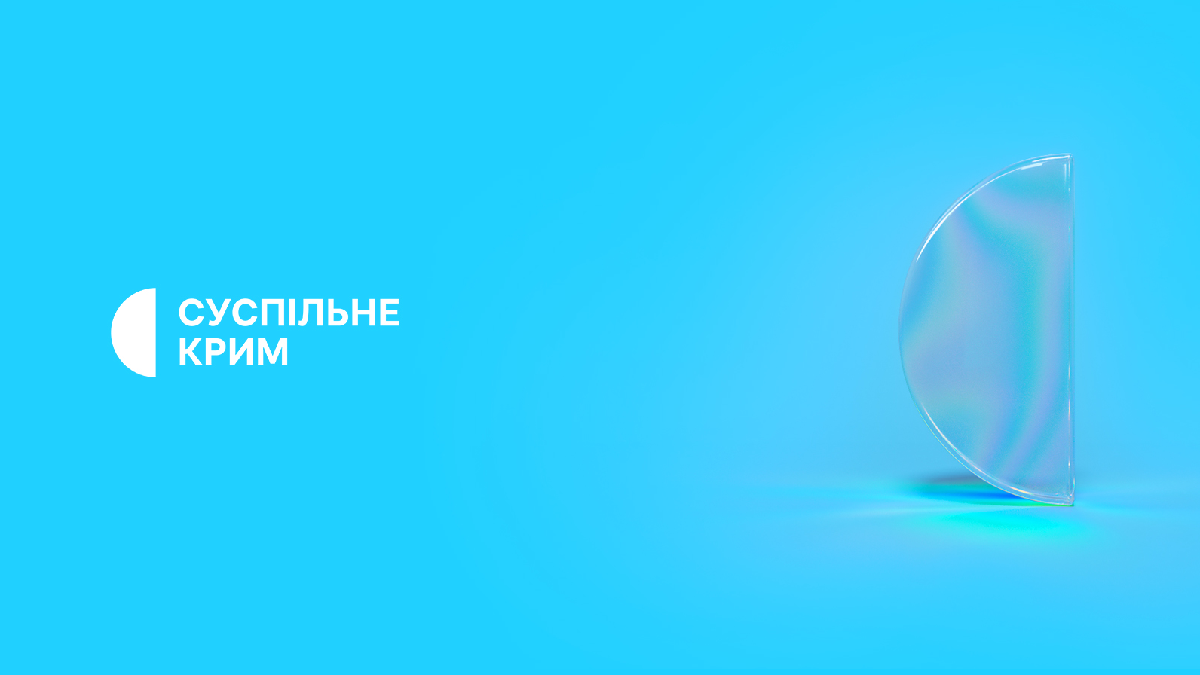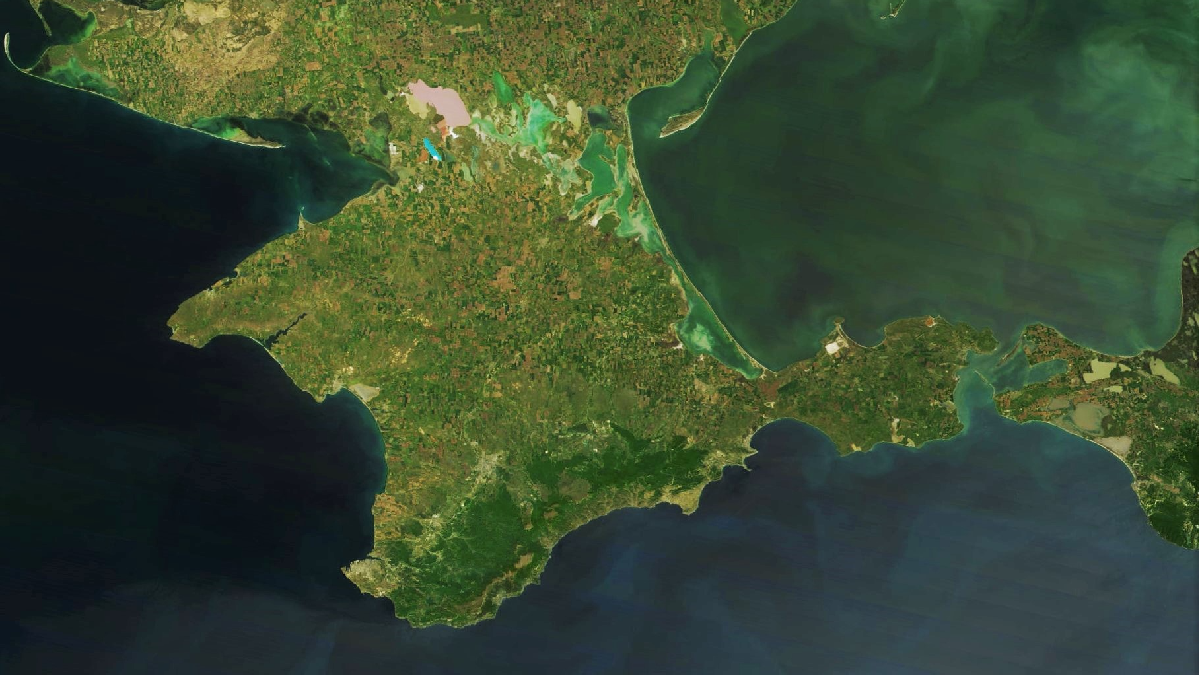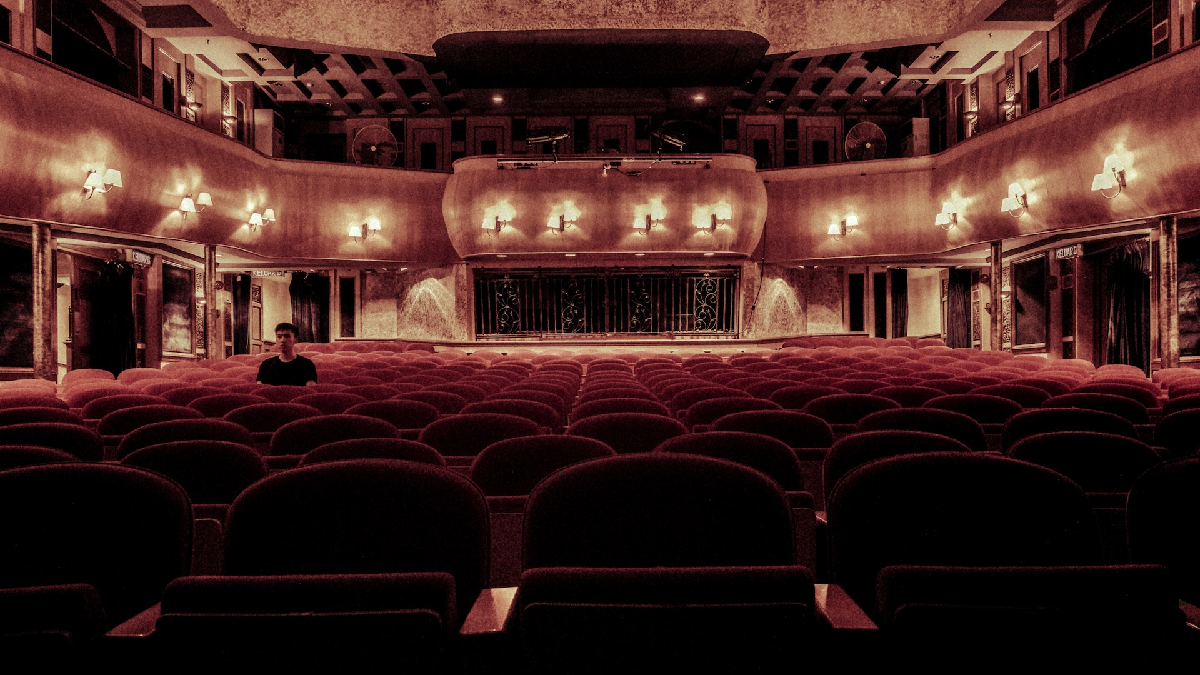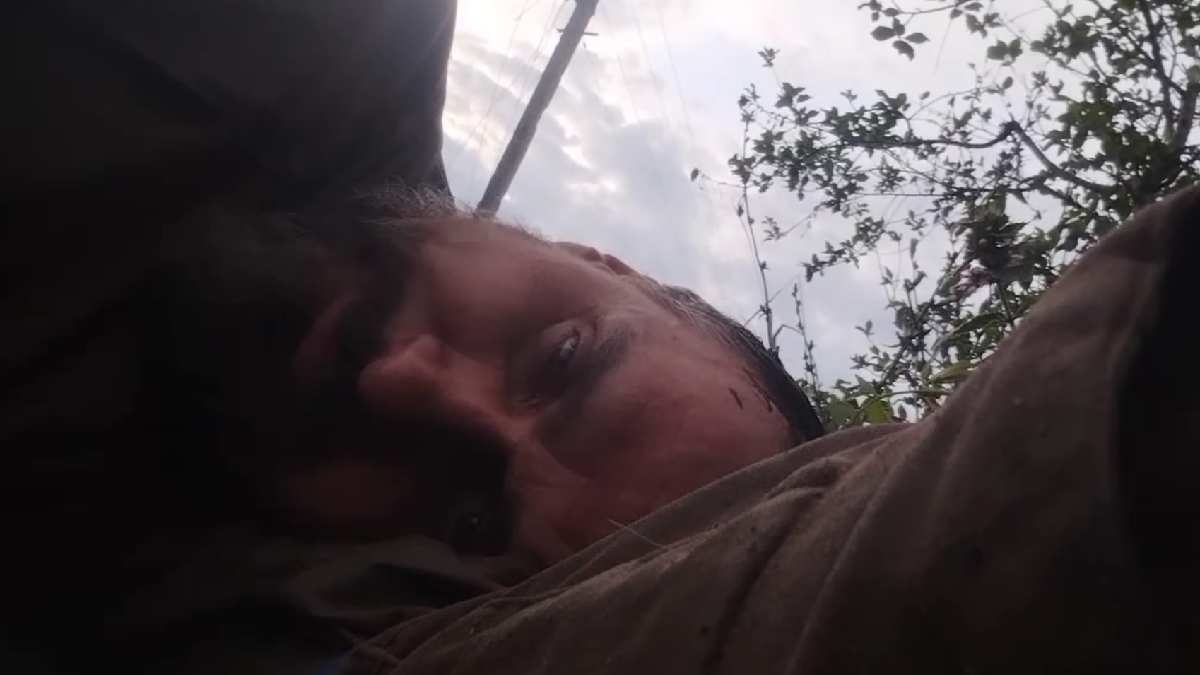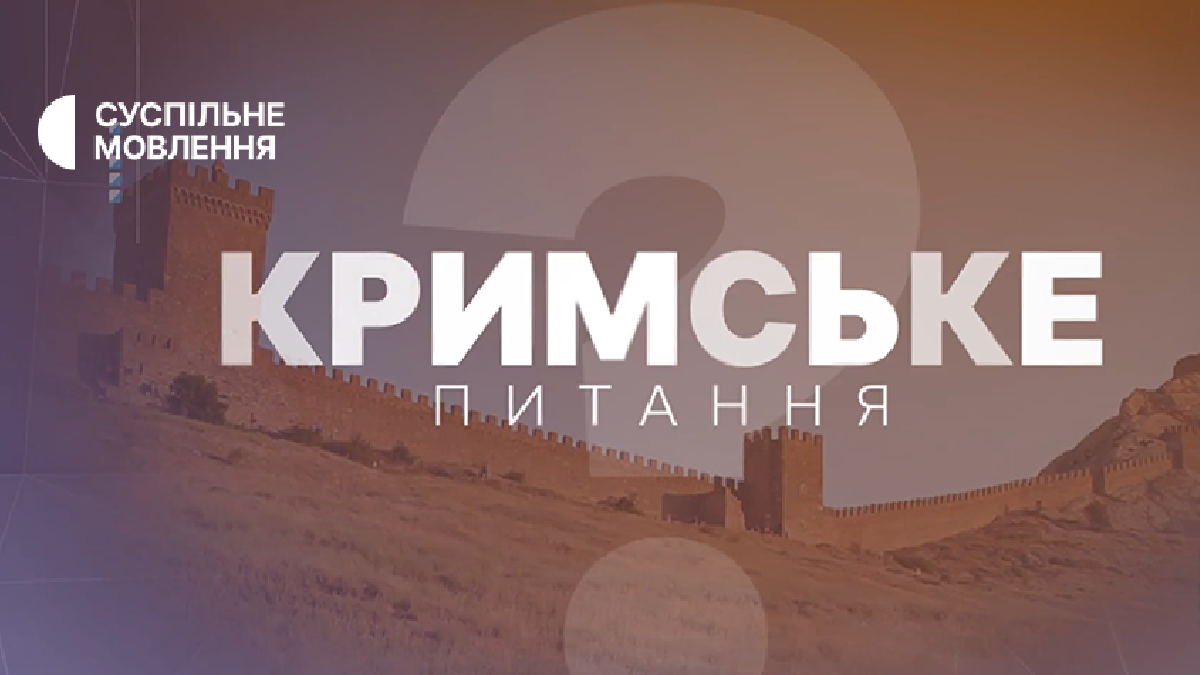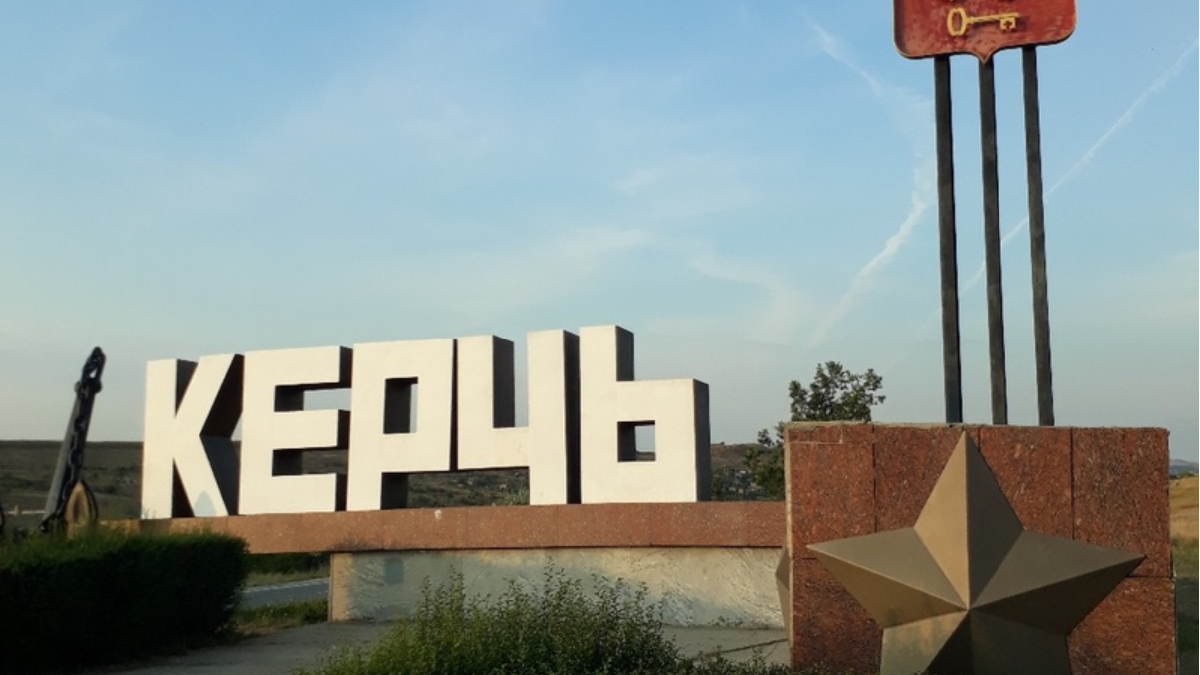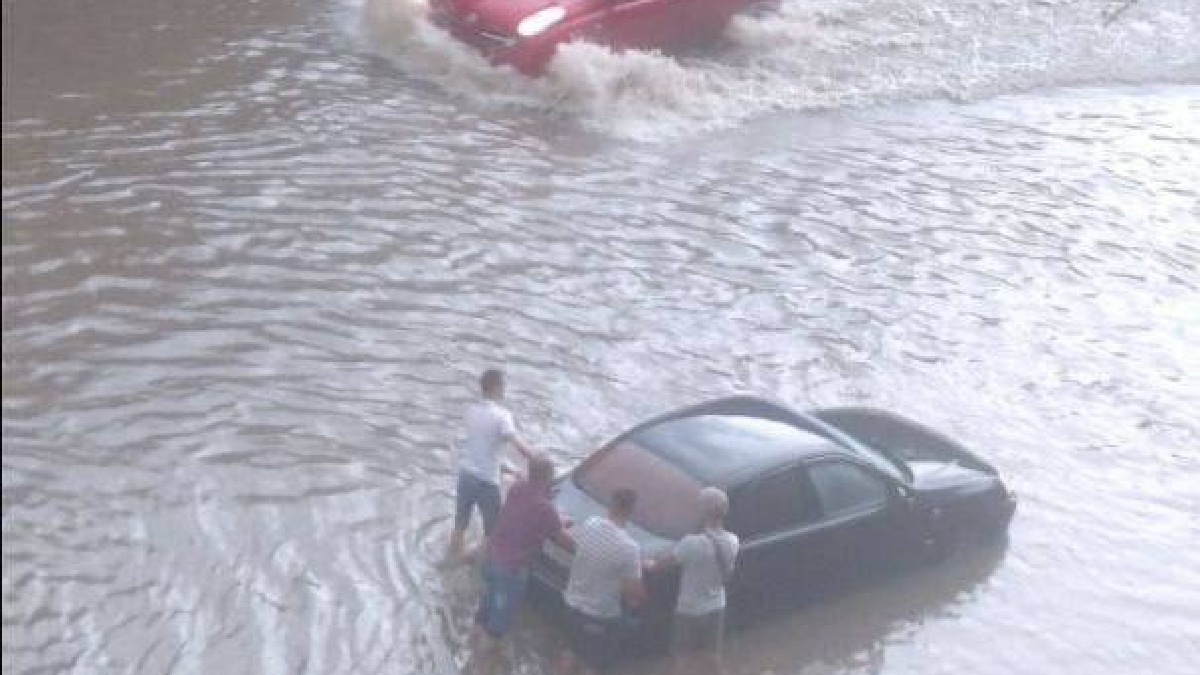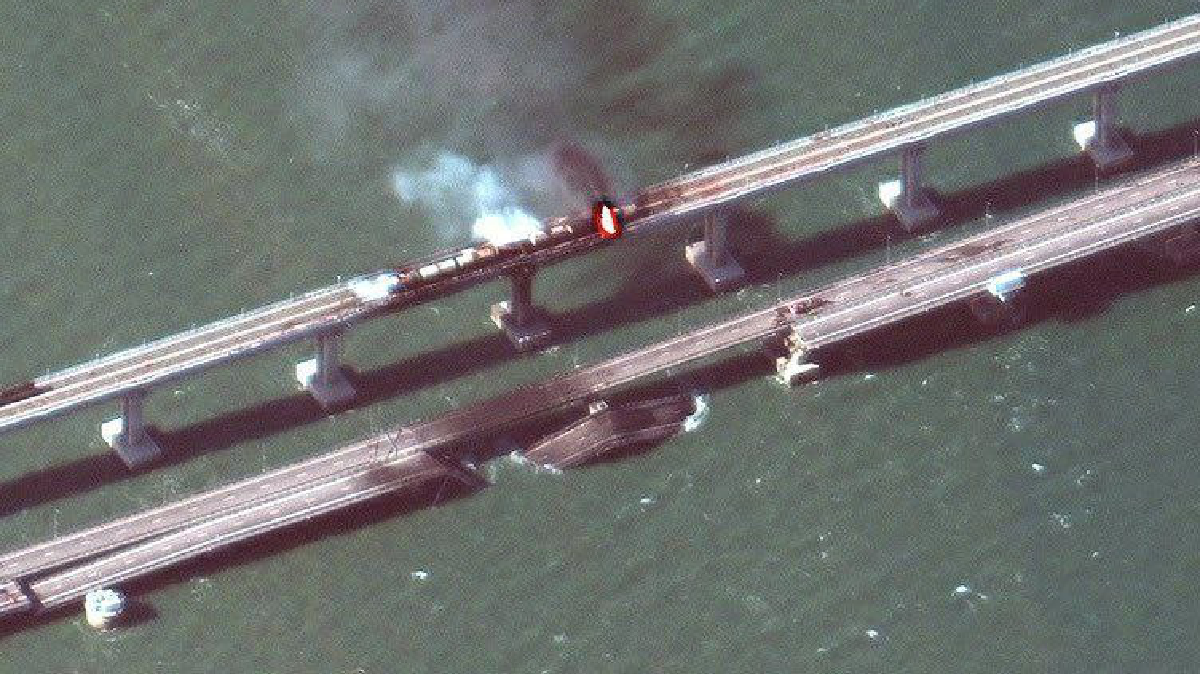“It feels like the Ministry of Education has distributed the same training manual”. What is the situation with education in the native language in Crimea?
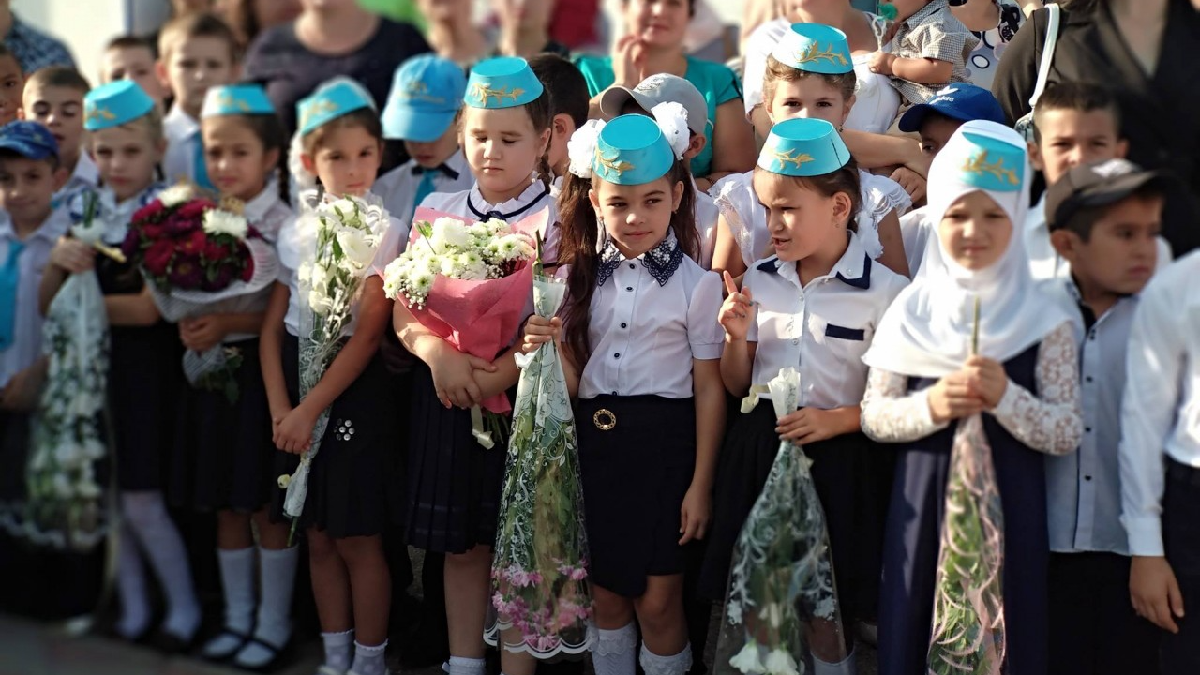
At the end of 2020, the occupying “head” of Crimea announced they would build six more Crimean Tatar schools to 16 existing ones in Crimea.
Deputy chairperson of the Mejlis of the Crimean Tatar people Ilmi Umerov, in a comment for the QHA, said that according to his data, there are seven national schools left in Crimea: “But in fact, there is none left, because education is conducted in Russian, and the Crimean Tatar language is studied as a subject”, - Umerov said.
Lawyer Elvina Semedlyaeva spoke about the actual state of the possibility of getting an education in Crimean Tatar.
She explained that when parents try to get a Crimean Tatar class to open in an elementary school, principals name three main reasons why it is impossible to do so. Among them: lack of classrooms, lack of teachers, and lack of textbooks.
“There are enough classrooms, enough teachers in schools, at least for children to receive a full-fledged education in Crimean Tatar in primary school. And textbooks are also available, even freshly printed. One employee of the Ministry of Education in Crimea told about it. When he went to the principal of the school, where parents dealt with the situation, it all became clear. However, the situation did not progress further. We still do not have Crimean Tatar classes at schools, and children cannot study in their native language", - the lawyer said.
Semedlyaeva emphasizes that such a problem exists in almost all educational institutions on the peninsula. All conversations about the opening of full-fledged Crimean Tatar classes end up with the words of the directorate: “you have a Crimean Tatar school - go there.” However, not everyone can afford to take children to the other end of the city, and they choose schools in their area.
Elvina recalls that parents repeatedly asked her for advice because they wanted the child to study Crimean Tatar at school.
“There were situations when parents came to the principals and directly said that they knew about the closed premises in the school, which could be made into a Crimean Tatar class, later it became clear that the classrooms were simply not equipped: there were no boards, desks, chairs, etc. Classrooms are just empty for several years in a row. I have recorded cases where the school administration told parents they had no requests to open such classes. Although, according to the law, the management of educational institutions must inform in advance at the beginning of the year that a Crimean Tatar class will be opened in the school”, - the lawyer said.
Another aspect that school principals voice to parents is that their child will not pass a single state exam after graduation. Semedlyaeva explains she heard such explanations from several principals of different schools.
“Your child who will study Crimean Tatar will not pass the USEs, cannot enter any university, because of the lack of Russian language classes. It does not seem true: besides Russian language lessons, there is a subject native Russian. And, most likely, when some children go to study, for example, the Crimean Tatar language, some study a subject called native Russian. But the number of hours in the basic subject of the Russian language, which lessons are mandatory for all, are equal”, - Elvina Semedlyaeva says.
She thinks such instructions come from above.
“Different principals from different schools speak the same words. Even about passing those exams. I have the impression that they were given the same training manuals at the Ministry of Education, and they just went to practice them locally”, - the lawyer said.
Elvina adds that regarding the study of the Ukrainian language - she was not personally contacted, but she knows the parents who wanted it.
“They are not ready to fight for it. Although this is their basic right”, - she explained.
Emine (the name was changed for security reasons - ed.) has three children. The eldest son goes to school. She told the editorial staff of Suspilne Crimea, from her own experience, how, together with other parents, she tried to achieve the opening of a Crimean Tatar class at school.
“I knew about the discrimination of my native language. However, I saw how this happened when my child went to school. During the parent meeting, the parents were given sheets of paper, and under dictation, they were obliged to write a refusal to study their native Crimean Tatar language marked “by choice”.
In response to questions about the reasons for this decision, we heard hundreds of “very serious” reasons: no textbooks, teachers, and so on.
After refusing to write a request, there were indirect threats that children would fail the exam. In the end, the tired teacher finally admitted that he was required to do so from above. In a few weeks, we had ensured that the study of the Crimean Tatar native language became the major lesson.
We were the only class in the school who dared to fight to the very end. All other parents signed a refusal, believing in the so-called reasons.
In other words, they were just trying to deceive us that some official had statistics on the table, like, look, Crimean Tatars don’t want to study their mother tongue", - Emine said.
There is still no Crimean Tatar class at the school where Emine’s son studies. However, she, together with other parents, could achieve one lesson per week of Crimean Tatar.
She expects that the next step will be the opening of a full-fledged class.
The woman says that the problem with education in her native language is not the only one she has faced.
"The first conflict at school arose after first-graders, including my child, were taken to a monument to the Unknown Soldiers under the red flags of the Soviet Union without the consent of their parents.
You know, when my grandmother lives in her last years in the house, whose youth and family were destroyed under the same flags, today we associate these flags with the colour of blood. And such an attempt to politicize the Crimean Tatar youth feels like an insult to the history of our people", - she explains.
Emine says that on September 1, the children from the class were taken for the consecration ceremony, according to the canons of Orthodoxy, except for the Crimean Tatars. Emine explains that there is no opportunity at school for reciting the five daily prayers. Children are forced to seek out corners or be late for school to pray, for which they are reprimanded.
“I have witnessed continuous acts of pressure on our people by the authorities. This includes not only direct reprisals, similar incidents related to abductions, searches, detentions, administrative and criminal cases on ethnic and religious grounds, but also more subtle methods. In particular, the destruction of the foundations on which we exist as a people: culture, religion, language. So, it was not surprising that from the first school day we were piled on by the school curriculum, in which the political aspect was highlighted with almost red lines: rulers, class hours, events aimed at fostering patriotism and creating an image of the state as a winner and liberator", - Emine says.
